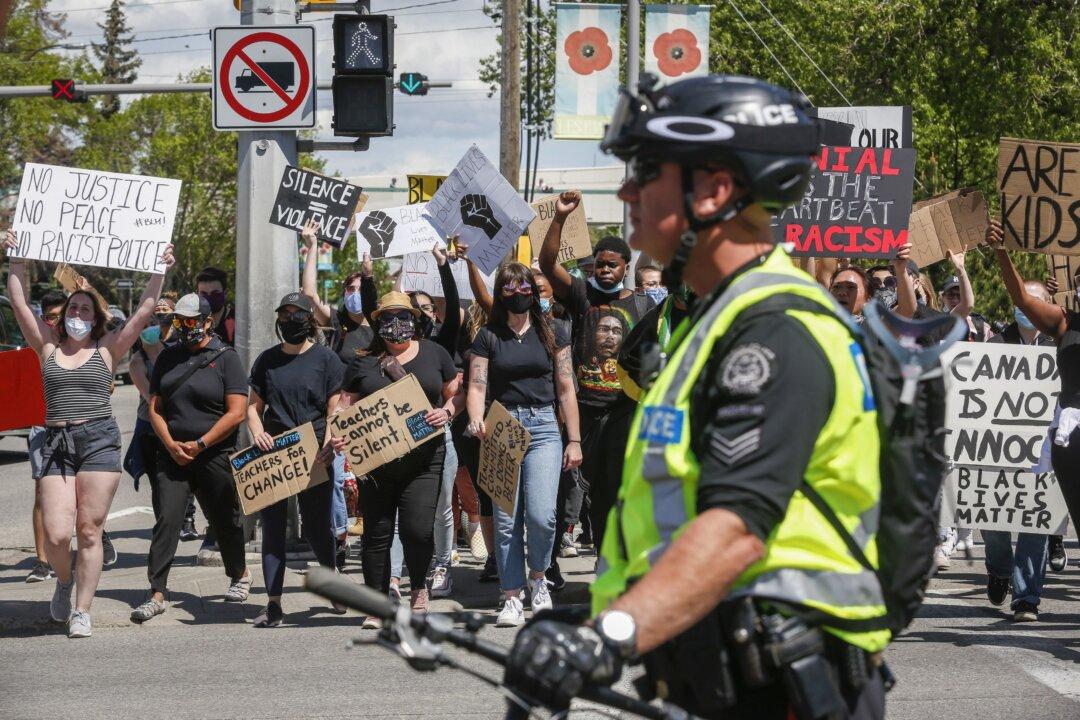Commentary
There is a growing movement following the killing of George Floyd to “defund the police.” It would be easy to mock people like the president of Minneapolis City Council who said expecting the cops to protect you from a home invasion in the middle of the night was “privilege.” But given the urgent need for civil discourse in the face of this turmoil let me say that as terrible ideas go, this one has surprising merit.





